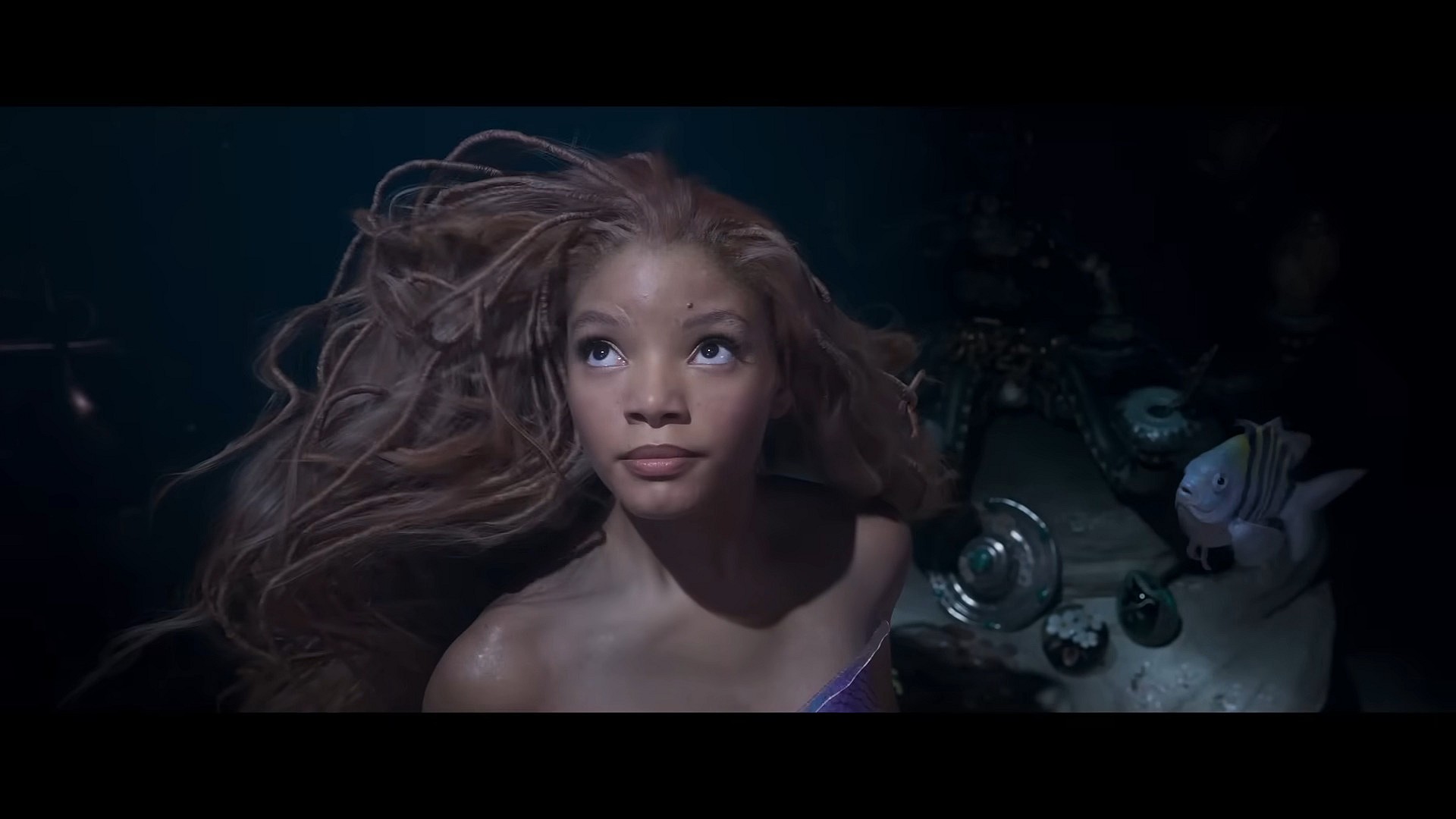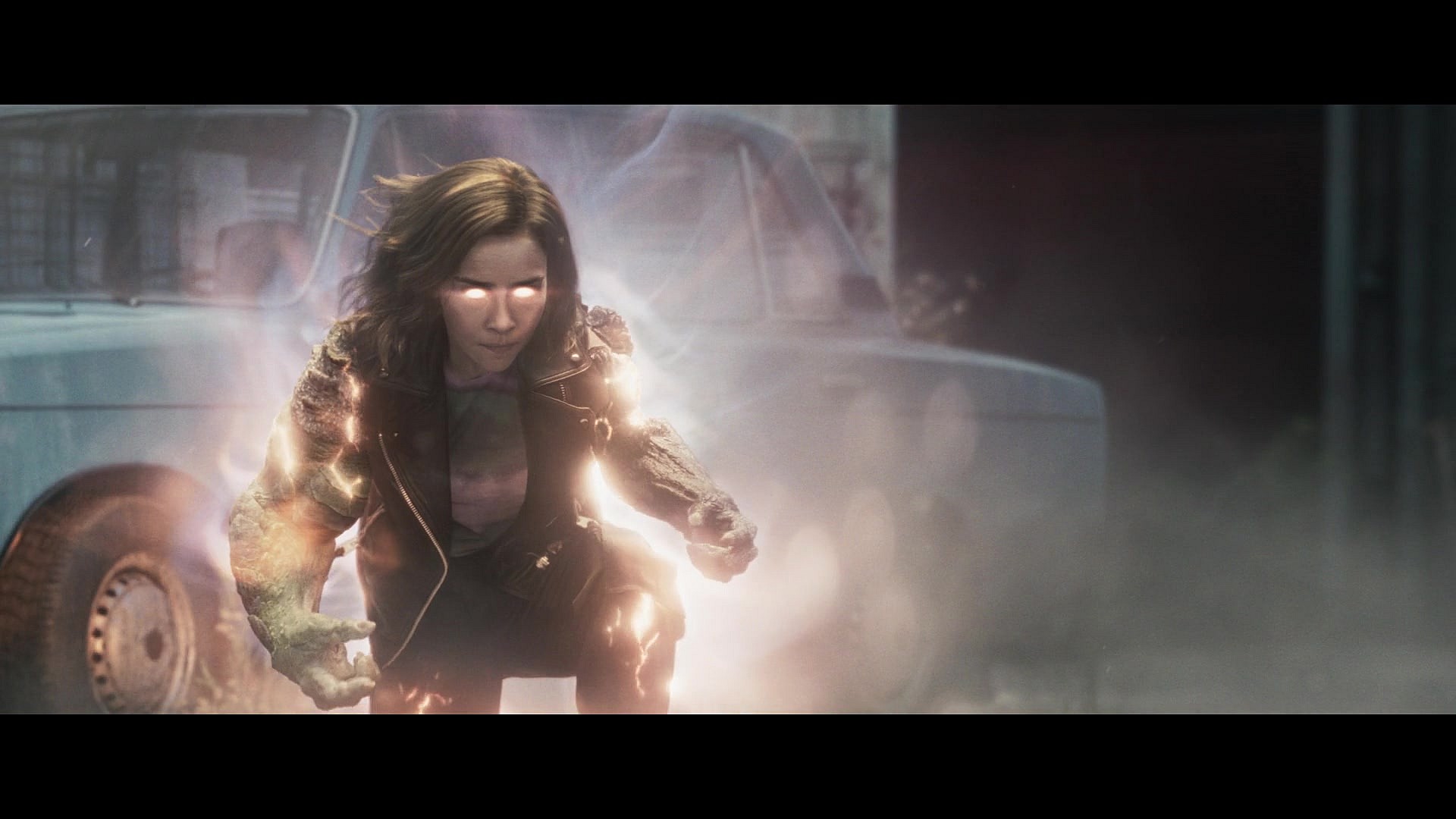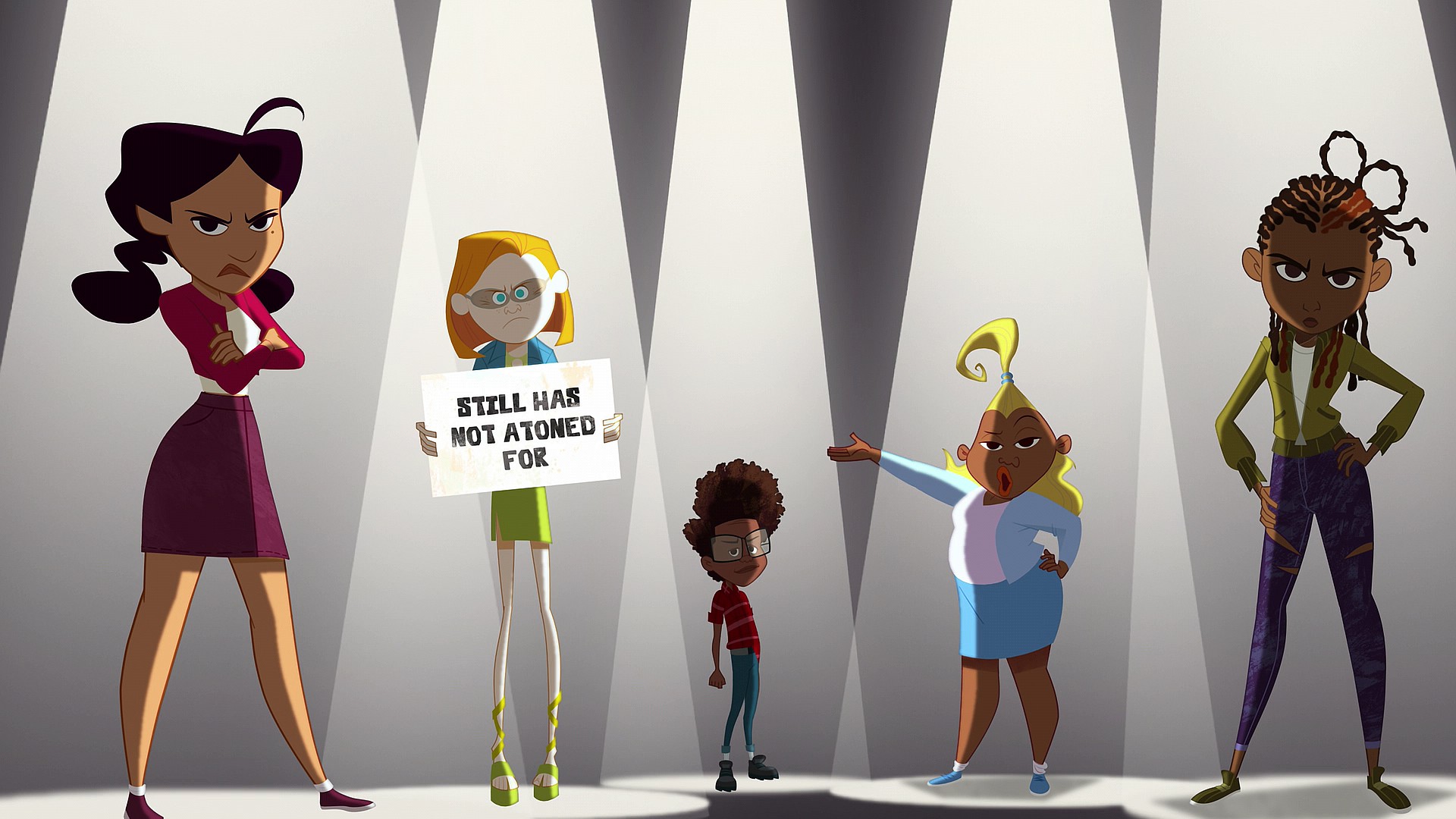Disney CEO Bob Iger Pushes Back Against Critics, Claims “Infusing Messaging As A Sort Of A Number One Priority In Our Films And TV Shows Is Not What We’re Up To”

In what feels like a textbook case of gaslighting, Disney CEO Bob Iger has claimed that, contrary to popular criticisms, the entertainment conglomerate does not consider the inclusion of sociopolitical messaging in their projects to be “a number one priority”.

Iger offered his take on the House of Mouse’s current output during an April 4th interview given to CNBC’s David Faber following the company’s victory in denying investor Nelson Peltz and former Disney CFO Jay Rasulo a pair of seats on their board of directors.
Following discussions on Disney’s financial future, their plans for ESPN, and their recent settling with the state of Florida regarding the company’s ability to govern the district in which the Walt Disney World theme park is located, Iger was eventually asked by Faber for insight as to how he weathered the very public hostilities that have been leveled against him, particularly from Tesla CEO Elon Musk, in recent years.
In reply, the Disney CEO asserted, per a transcript of the interview provided by CNBC, “I ignore it.”
“Yeah,” he added. “There’s no relevance to the Walt Disney Company or to me.”

Further pressed by Fabok as to his thoughts on both Musk and Peltz’s respective “anti-woke campaign[s]”, Iger affirmed, “People have been coming after me and the company for years. And it’s just, I don’t get distracted by those things.”
Met with the pushback from his host, “But the woke thing has had more of an impact. I mean, you’ve said to me that you would love to be just out of the culture wars. Do you feel like you’re succeeding in that?”, Iger then declared, “Well, I think yes, I mean, I think the noise has sort of quieted down.”

“I’ve been preaching this for a long time at the company before I left and since I came back that our number one goal is to entertain,” said Iger. “I think, but the term woke is thrown around rather liberally. No, no pun intended in that regard. I think a lot of people don’t even understand really what it means. The bottom line is that infusing messaging as a sort of a number one priority in our films and TV shows is not what we’re up to.”
“They need to be entertaining and look, we’re the Disney company can have a positive impact on the world whether it’s, you know, fostering acceptance and understanding of you know, people of all different types, great,” he continued. “But, generally speaking, we need to be entertainment, an entertainment first company and I’ve worked really hard to do that.”

Taking note of his guest’s final sentence, Faber then inquired, “In what way?” What do you mean when you say that?”
“Engaging with our our executives, engaging with the creative community, you know, returning to our roots, you know, making sure that everybody’s aligned on what our priorities are, you know, and understanding that look, we’re trying to reach a very, very diverse audience,” explained Iger in turn. “And on one hand in order to do that, what you, the stories you tell have to really reflect the audience that you’re trying to reach, but that audience because they are so diverse, really, first and foremost, they want to be entertained and sometimes they can be turned off by certain things and we just have to be more sensitive to the interest of a broad audience.”
“It’s not easy,” he ultimately concluded. you know, so that you can’t please everybody all the time.

As noted above, Iger’s claim that the company does not prioritize sociopolitical messaging in their projects is patently absurd given not only their actual output in recent years.
From The Proud Family: Louder and Prouder‘s full-on dive into ‘anti-racism’ and identity politics, to the various race-swaps in such productions as the Marvel Cinematic Universe and Percy Jackson and the Olympians, to the entirety of whatever She-Hulk: Attorney at Law was, there exists no shortage of examples of Disney making their ‘messaging’ a priority.

